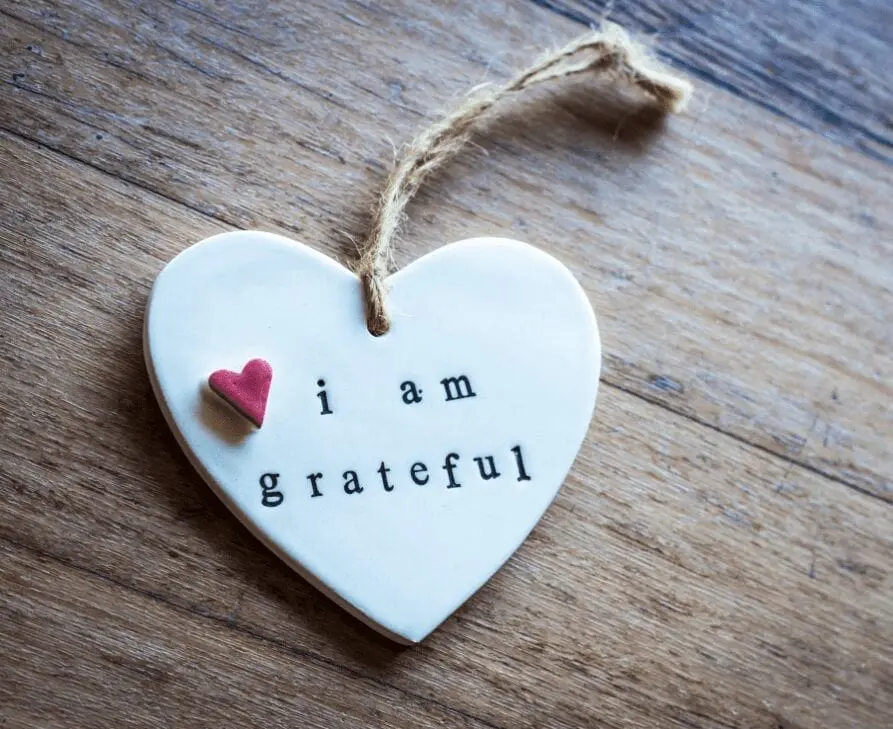
10 ways to Heal from Narcissistic Abuse
Healing from narcissistic abuse is different for everyone. I am not a trained psychiatrist or therapist. However, I do know firsthand how it feels to be in and survive a narcissistic abusive relationship. I have suggested 10 ways to help you recover from narcissistic abuse, which I and other people are doing to help them recover.
Whether you are still in a narcissistic abusive relationship, have just left your partner, or left the relationship several years ago, doesn’t matter. Educate yourself and give yourself time to heal. Join support forums and chat with people who empathise with your feelings. You will mourn the relationship you thought you had. When this initial grief is over, you may experience anger, depression, panic attacks, hair loss and even feel suicidal. Please get help and support during these dark times. None of this was ever your fault. You will miss the narcissist. That’s ok. NEVER GO BACK.
Rest assured. There will be a time when life starts to creep back in. You will once again be reinvigorated about life (yes, you will) and discover your true self once again, even stronger than before. You’ve got this!
World Narcissistic Abuse Awareness Day (WNAAD)
#IfMyWoundsWereVisible
1 June | World Narcissistic Abuse
World Narcissistic Abuse Awareness Day on June 1 is a day dedicated to educating, supporting and effecting change. Unlike physical abuse, narcissistic abuse leaves no physical marks. A form of psychological, mental and emotional abuse may be invisible, but it leaves scars. Abuse is also dangerous. Many people lose their lives every day through partners or ex-partners. Each year I will join the campaign to raise awareness of abuse because educating and empowering ourselves is a way of escaping and protecting ourselves and each other.

1. Go ‘No Contact’ / ‘Grey Rock.’
I can’t stress this enough. In every forum, self-help book, it’s recommended to go no contact. Now this isn’t as easy as it sounds. This is even more difficult if you have a family with your other half. However, the idea is that you have no contact whatsoever. That also means no peeking on social media! It will slow down the healing process. No contact means no contact. For anyone with children with narcissism, you need to go ‘grey rock’. Do not show any emotion, and keep things as factual as possible.
2. Find a support group and/or therapist
Many friends will try and empathise with you, but no one will truly understand what you are going through unless they have gone through this themselves. I was lucky enough to find a support group – I can’t name it for obvious reasons. However, people helped me through some dark times, and I think I might have helped in some way too. Therapy is helpful if there are also things that may have contributed to the situation from your past. However, make sure you find one who you like. Not all therapists know about narcissism, and you need someone who will make you feel safe.
3. Read Psychopath Free
I was recommended [amazon_textlink asin=’0425279995′ text=’Psychopath Free’ template=’ProductLink’ store=’brogirinthe01-21′ marketplace=’UK’ link_id=’390549e9-65af-11e8-8c0b-4f4996ceffb3′] – it’s definitely an eye-opener. On one hand, you may feel saddened by the fact you were abused, but it will help you try to understand what happened to you on Earth! Read at your own pace to absorb the information available to you.
4. Reach out to friends
No doubt, when you were the narcissistic partner, you only spent your time with him and didn’t see your friends as often as you liked. Perhaps you stopped seeing them altogether. Unless you were together. Your friends may not know what has truly been happening, but more often than not, they can sense when something is wrong. Reach out to your friends and start rebuilding your circle of trust once again. Don’t expect this to happen overnight. Your friends love you no matter what…they were waiting for that call.
5. Prioritise self-care
When you are depressed, it is really easy not to prioritise self-care. It doesn’t seem important when your mind is all over the place. Yet it is fundamental to your healing process. When you are going through and/or recovering from trauma, you must go back to basics. Sounds boring? It’s not. As soon as I am stressed, insomnia hits, and then my whole body and routine are thrown into disarray. Try to eat thrice a day even if you don’t feel hungry. Rest, even if you can’t sleep. You have been so busy tending to someone else’s needs. It’s time to look after your own.

6. Avoid dating/sex until you are ready
When you have first got out of a relationship, the best advice people will give you is ‘to get under someone else to get over’ that person. However, don’t listen to this advice. You will feel a mixture of being devastated/upset/sad/needy and are in no fit state to start having other affairs of the heart or sex with anyone. Just avoid it altogether until you feel that you are in a position to be intimate again. Even then, let your emotions catch up. Do what’s right for YOU.
7. Learn to set boundaries
One of the problems of being in a narcissistic relationship is that we might not be great at setting boundaries. Each time an abusive cycle happens, the narcissist will push you just that little bit more to see what abuse you are prepared to endure without leaving. You go along with what they want for fear of being abandoned. Which they eventually will do. So it’s time to learn boundaries. Perhaps you were rubbish at setting them in the first place. It’s time to learn how to say no and protect yourself during these healing moments. This is key to your recovery.
8. Forgive Yourself
This might seem a strange one to add. Most of us wonder if we can forgive the person who hurt us badly. However, you need to forgive yourself too. Your good qualities, such as empathy, were used against you in a battle to manipulate you. Don’t punish yourself for anything that went wrong. Sometimes you may have tried to defend yourself to prevent verbal abuse. Sometimes you may have even lied to prevent the wrath of the narcissist from raging. One thing you have to remember. The abuse was never your fault.
9. Time to work on YOU
Throughout this journey, you need to work on your inner self. What made you vulnerable to the abuse? What made you override your intuition and the red flags? We all want to be loved. Don’t blame yourself. Just get to know yourself all over again.
This is the time to be independent. Do all of the things you couldn’t do previously. Wear your hair the way YOU want. Wear make-up if YOU want. Just make this time all about YOU.
10. Give yourself a break
Be patient with yourself. You will feel good one day and bad the next. One day you might feel you have gotten over this, and then something will trigger memories and feelings, which you will feel like a setback, and you spend the day in tears. It’s ok to cry. It’s ok to grieve. It’s ok even to get mad. Just give yourself a break. You are lovable. You are amazing. You just loved someone who couldn’t love you the way you deserved.


